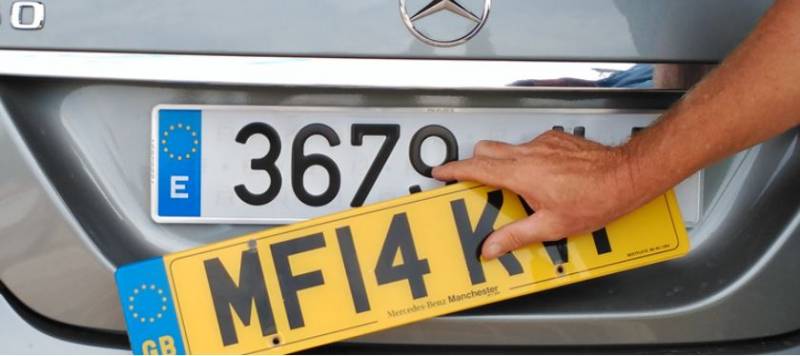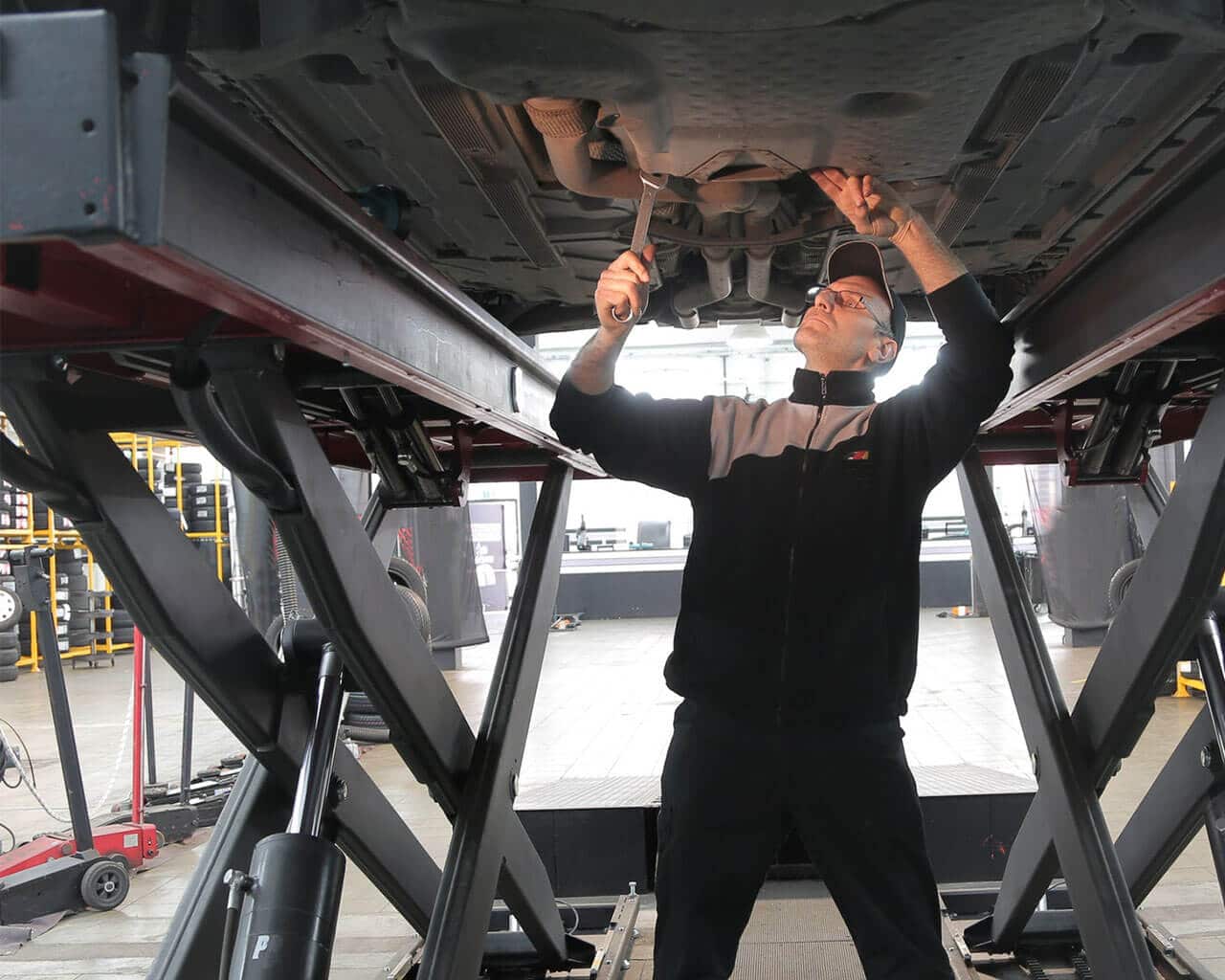Comprehensive Overview to Register a Foreign Vehicle in Spain Hassle-Free
Comprehensive Overview to Register a Foreign Vehicle in Spain Hassle-Free
Blog Article
Typical Difficulties Dealt With During Foreign Vehicle Registrations and How to Conquer Them
Browsing the complexities of international vehicle registrations can be a complicated task, stuffed with challenges that vary considerably across territories. Concerns such as deciphering neighborhood laws, getting over language barriers in important documentation, and reconciling inconsistencies in vehicle requirements commonly occur.

Recognizing Regional Laws
Navigating the complexities of international car registration begins with a thorough understanding of neighborhood policies. Each nation has its particular legislations and demands controling the enrollment of cars, which can vary considerably from one jurisdiction to an additional (Register a foreign Vehicle in Spain). It is crucial for foreign car owners to familiarize themselves with these laws to guarantee compliance and prevent possible fines or lawful issues

Additionally, some jurisdictions mandate car evaluations to identify conformity with neighborhood safety and security and emissions criteria. This may necessitate adjustments to the vehicle before it can be legitimately registered. Engaging with local authorities or consulting with lawful specialists can give clearness on these policies.
Language Barriers in Documents
Language obstacles pose substantial challenges when it concerns the documents required for foreign car registration. Several people come across troubles in comprehending the details demands outlined in regional policies, as these documents are commonly published in the official language of the host nation. False impressions can bring about the submission of inaccurate or incomplete paperwork, causing hold-ups or rejection of enrollment.
In addition, essential documents, such as title deeds, evidence of ownership, and insurance coverage, may not have readily available translations - Register a foreign Vehicle in Spain. This can produce confusion for international automobile proprietors that are unfamiliar with the local terms and legal jargon. Therefore, navigating the registration process becomes difficult, often needing extra effort and time to guarantee compliance
To minimize these problems, it is a good idea for international car proprietors to look for specialist translation services or get in touch with local professionals who can help in comprehending the requisite documentation. In addition, government companies might provide multilingual resources or guidelines to promote the registration procedure. Proactively attending to language obstacles can improve the registration experience, making sure that all needed documents are precisely ready and submitted according to local guidelines.
Lorry Specification Discrepancies

Experiencing automobile specification inconsistencies can produce substantial hurdles for foreign car owners during the enrollment process. These disparities usually arise from differences in manufacturing criteria, dimension units, and look at these guys regulatory requirements in between the car's native land and the host country. A lorry that fulfills safety and discharges criteria in one nation might not line up with the requirements required for registration in another, leading to delays or straight-out denials.
To overcome these difficulties, it is important for international vehicle owners to carry out extensive research prior to initiating the enrollment procedure. This includes understanding the specific demands set by the neighborhood authorities, such as security standards, exhausts degrees, and any required alterations. Engaging with a specialist service focusing on foreign vehicle enrollment can also give useful insights and support in browsing these inconsistencies.
Documentation plays a vital duty, so ensuring that all technical specifications and alterations are accurately reflected in the documents can minimize problems. Furthermore, keeping open interaction with regional enrollment authorities can offer clearness on any possible inconsistencies, enabling timely resolution and successful registration of the automobile.
Browsing Tax Obligation Needs
Recognizing the tax demands related to international lorry registration is essential for owners aiming to abide with neighborhood policies. Each jurisdiction has certain tax obligations that have to be satisfied prior to an automobile can be legally signed you can check here up. These might include import duties, value-added tax obligations (VAT), and annual car tax obligations, which can differ significantly depending on the automobile's origin, worth, and specifications.
To navigate these tax obligation requirements successfully, car owners ought to begin by investigating the details tax obligations appropriate in their area. Consulting with neighborhood tax obligation authorities or a tax obligation expert with experience in foreign car enrollments can supply clarity on the process and Click This Link potential responsibilities.
Additionally, it is crucial to maintain detailed documents of the automobile's acquisition and any kind of settlements made, as this will be needed for tax calculations and possible audits. Owners need to also be conscious of any kind of due dates related to tax obligation settlements to prevent charges or delays in enrollment.
Assessment and Conformity Issues
Routinely dealing with inspection and compliance issues is important for owners of foreign vehicles seeking to register them in a brand-new jurisdiction. Each region has distinctive guidelines pertaining to automobile security, emissions, and adjustments, which can position significant difficulties for owners not familiar with neighborhood criteria. Understanding these needs is important to prevent hold-ups and additional prices.
One common problem emerges when international lorries do not fulfill the host jurisdiction's security and discharges standards. Proprietors ought to proactively validate that their automobiles follow local policies, which might involve alterations or getting necessary documentation from makers. Additionally, numerous territories require a thorough assessment by a licensed center, which can lead to additional difficulties if the automobile stops working to meet specified criteria.
To navigate these challenges, proprietors can consult local car registration authorities or look for support from specialists aware of the registration procedure. Preparing all required documentation beforehand, including previous inspection reports and proof of compliance, can streamline the enrollment process. Inevitably, comprehensive preparation and understanding of inspection needs can significantly improve the chance of an effective international automobile enrollment.
Final Thought
In recap, the procedure of international automobile registration entails various obstacles, including comprehension of neighborhood guidelines, language barriers in documentation, inconsistencies in automobile specifications, navigation of tax demands, and inspection and compliance problems. Dealing with these challenges requires attentive research, utilization of expert translation solutions, and examination with local authorities. Involving specialized services can ensure adherence to safety and security and discharges standards, ultimately assisting in a smoother enrollment procedure and conformity with all pertinent obligations.
Report this page